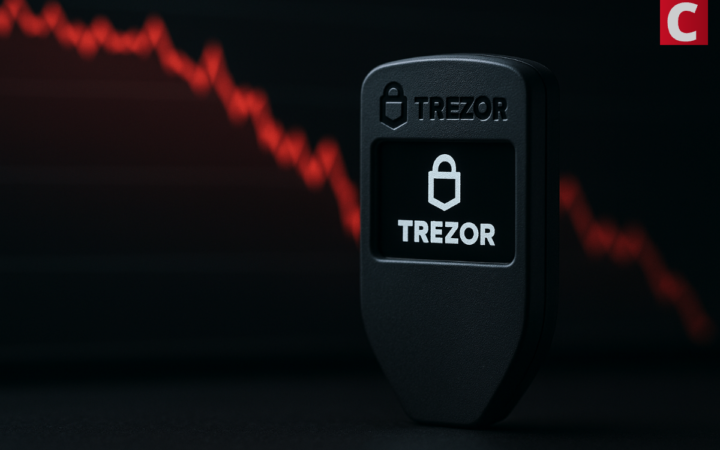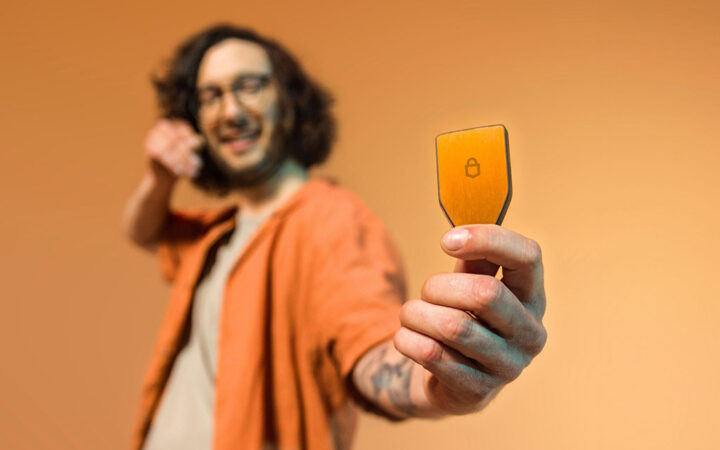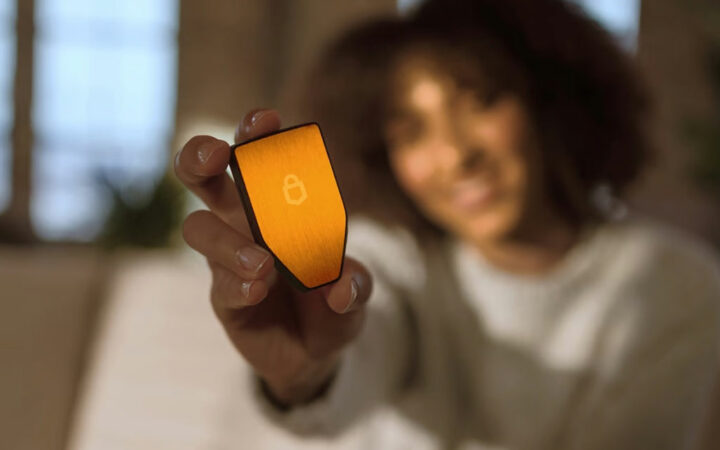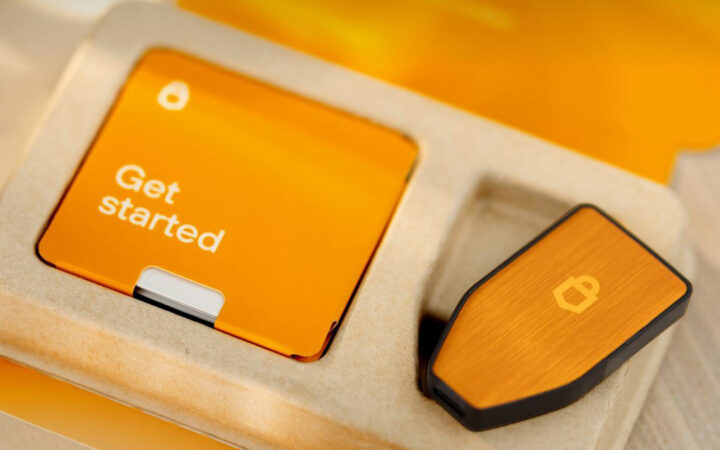
Trezor One: Firmware Update 1.6.3
The security patch fixes the same physical attack vector as the one described the aforementioned update. There is no evidence that this vulnerability has been used in practice.
Trezor Wallet interface will offer the firmware update for your Trezor One. Please make sure you have the correct recovery seed nearby before starting the update process.
Trezor Model T is not affected. All Trezor One devices should be updated to the newest firmware version. The firmware update will also update the bootloader of your Trezor One device.
Summary
This update expands the scope of the firmware update 1.6.1, addressing the same potential issue. The issue primarily affects the supply chain of Trezor One devices. If your Trezor One is already initialized and set up, then you are likely not affected. If you just purchased your Trezor One device, make sure that you install/update the latest firmware version before using it.
Moreover, there is no evidence that this vulnerability has been used in practice.
Trezor comes with tamper-evident seals, ensuring that you are the first person to open the package. When purchasing from Trezor Shop or any of our resellers, if your package arrived unscathed, your Trezor One is safe.
The newest firmware verifies the authenticity of the bootloader in the device. The bootloader checks the signature of the firmware. If both are genuine, your device will not display a warning, and therefore your Trezor is safe to use.
Details About the Issue
In August 2018, an anonymous security researcher under the pseudonym Sunny responsibly disclosed the potential problem to us. We worked with him and prepared a fix for the issue, releasing it today.
Sunny realized that the security update in firmware 1.6.1 (link above) could be expanded to cover for another attack vector of the same type. We acted upon his suggestions and implemented his improvements.
Therefore, we made the MPU rules stricter in this update, preventing another class of potential attacks. To reflect the improvements, this firmware update will update your bootloader as well.
How to Update Firmware and Bootloader?
First of all, please make sure you have your recovery seed with you when you perform the update. (Link to manual)
Go to Trezor Wallet and follow the update instructions shown on the screen. When prompted, replug your Trezor One device with both buttons plugged to start it in bootloader mode. Confirm the update procedure, and you will have a new firmware on your device.
If you are running firmware 1.6.1 on your Trezor One, the device memory will be wiped during the update process. Always make sure you have the correct recovery seed ready.
On first boot of the new firmware 1.6.3, the system will check the hash of the bootloader, to verify its integrity. If the bootloader is genuine, the firmware will also update the bootloader to the latest version — 1.5.1. At the end of this process, the device will ask you to reconnect it.
Therefore, you will reconnect twice during this update: once after the firmware update and once after the bootloader update by firmware. Please follow the instructions on the device screen.
Other Updates
Firmware 1.6.3 also contains new features for the Trezor One!
Trezor One now supports RSKIP-60 Ethereum checksum encoding, as well as an expanded set of Ethereum networks: ESN, AKA, ETHO, MUSI, PIRL, ATH, GO
Moreover, Trezor One can now recognize 80 more new Ethereum tokens. For the full list, please go to trezor.io/coins
About Trezor One
Trezor Model T is the next-generation hardware wallet, designed with experiences of the original Trezor in mind, combined with a modern and intuitive interface for improved user experience and security. It features a touchscreen, faster processor, and advanced coin support, as well as all the features of the Trezor One.
Trezor One is the most trusted and ubiquitous hardware wallet in the world. It offers unmatched security for cryptocurrencies, password management, Second Factor, while maintaining an absolute ease-of-use, whether you are a security expert or a brand new user.
SatoshiLabs is the innovator behind some of the most pivotal and influential projects with Bitcoin and cryptocurrencies, mainly Trezor, the world’s first cryptocurrency hardware wallet, or CoinMap.org, the primary resource for bitcoin-accepting venues.
Disclaimer: This publication is sponsored. Coinspeaker does not endorse or assume responsibility for the content, accuracy, quality, advertising, products, or other materials on this web page. Readers are advised to conduct their own research before engaging with any company mentioned. Please note that the featured information is not intended as, and shall not be understood or construed as legal, tax, investment, financial, or other advice. Nothing contained on this web page constitutes a solicitation, recommendation, endorsement, or offer by Coinspeaker or any third party service provider to buy or sell any cryptoassets or other financial instruments. Crypto assets are a high-risk investment. You should consider whether you understand the possibility of losing money due to leverage. None of the material should be considered as investment advice. Coinspeaker shall not be held liable, directly or indirectly, for any damages or losses arising from the use or reliance on any content, goods, or services featured on this web page.



